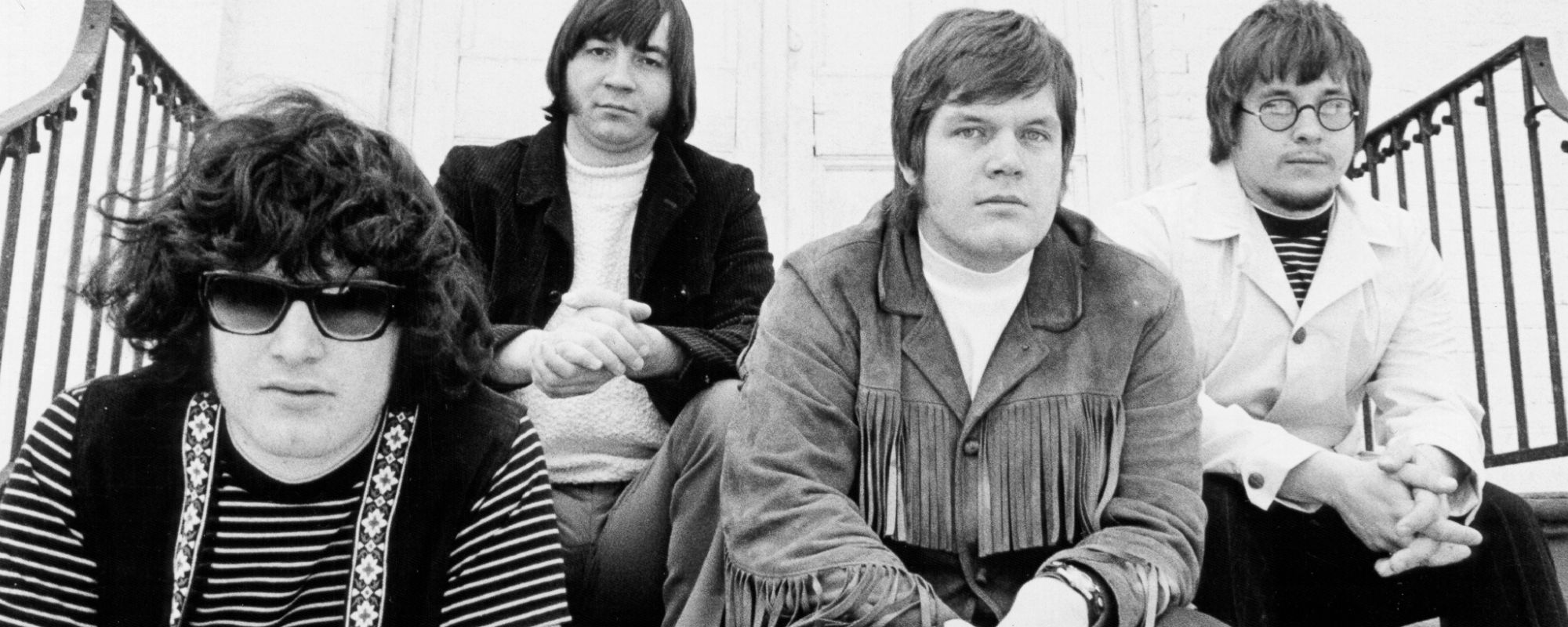In 1985, Al Gore’s wife Tipper began a crusade against what she deemed to be “obscene” music. Allegedly, this began when she bought her 8-year-old daughter a copy of Prince’s Purple Rain. The album was the soundtrack to the movie of the same name, a film which had already garnered significant criticism and occasional outrage for its sexual content.
Videos by American Songwriter
In The Real Frank Zappa Book, where Frank Zappa chronicled some of the crusade, he stated that “For some reason,” Tipper was shocked when her daughter asked about an explicit reference in the song “Darling Nikki.” From there, “Tipper rounded up a bunch of her Washington housewife friends, most of whom happened to be married to influential members of the U.S. Senate,” Zappa explained, “and founded the [Parents Music Resource Center].”
Frank Zappa’s account is important to include when telling this story. Months later, he found himself in court testifying against the PMRC and the Filthy Fifteen. This was a list of songs that Tipper Gore and the rest of the PMRC deemed obscene. Of course, “Darling Nikki” was on there. It also included “Eat Me Alive” by Judas Priest, “Bastard” by Mötley Crüe, “High n’ Dry (Saturday Night)” by Def Leppard, “We’re Not Gonna Take It” by Twisted Sister, “Dress You Up” by Madonna, and “Let Me Put My Love Into You” by AC/DC.
[RELATED: Remember When: Twisted Sister Is Banned from MTV for a Gory Zombie Video]
Eventually, Tipper Gore and the PMRC Went to Court Where Some of Those on the Filthy Fifteen List Testified
In September 1985, the whole thing would come to a head. The U.S. Senate called a hearing, Contents of Music and the Lyrics of Records, during which Frank Zappa, John Denver, and Dee Snider testified. This hearing culminated in the Parental Advisory stickers that were on CDs with explicit content. The artists’ argument was that by overtly labeling records with explicit content, some stores would refuse to sell them. This actually happened with Walmart. In this day and age, with the overwhelming shift to digital streaming, the stickers haven’t gone anywhere. They have instead been turned into metadata.
In 2015, the 30th anniversary of the hearing, Rolling Stone interviewed the Filthy Fifteen, getting their thoughts on the whole affair decades later. Some of the artists backtracked on their obscene songs. One extreme example is Vanity, who was on the list with her song “Strap On ‘Robbie Baby.’” When asked for her opinion in 2015, she replied, “I was young and irresponsible, a silly woman laden with sin, not caring for anything except fame and fortune and self,” adding, “But I have lived seeking truth in Jesus Christ and found it has made me free.”
Dee Snider Had the Best Response to the PMRC in 2015
However, Dee Snider of Twisted Sister stuck to his principles even 30 years after the PMRC hearing. His approach to parenting was, surprisingly, one of responsibility and level-headedness without being overly protective or cautious. Essentially, modern parents could learn a thing or two from Dee Snider.
“Everything I represented, stood for and said back then, I have lived and stand by today,” Snider told Rolling Stone in 2015. “I stand by every word. As a parent, I monitored what my kids listened to. When my kids wanted to listen to Eminem, I listened to the album and talked about it with my kids and used it as a forum for discussion.”
He continued, “And I practice self-censorship. When my own family got into Tenacious D, the first album, including my little daughter who was only eight, and I made a special tape for her without ‘F–k Her Gently’ on it ’cause she wasn’t ready for ‘F–k Her Gently.’ But she clearly listened [to] ‘Wonderboy’ and the other songs her brothers were listening to. This is hands-on parenting and everything I stood for.”
Featured Image by Larry Busacca/WireImage













Leave a Reply
Only members can comment. Become a member. Already a member? Log in.